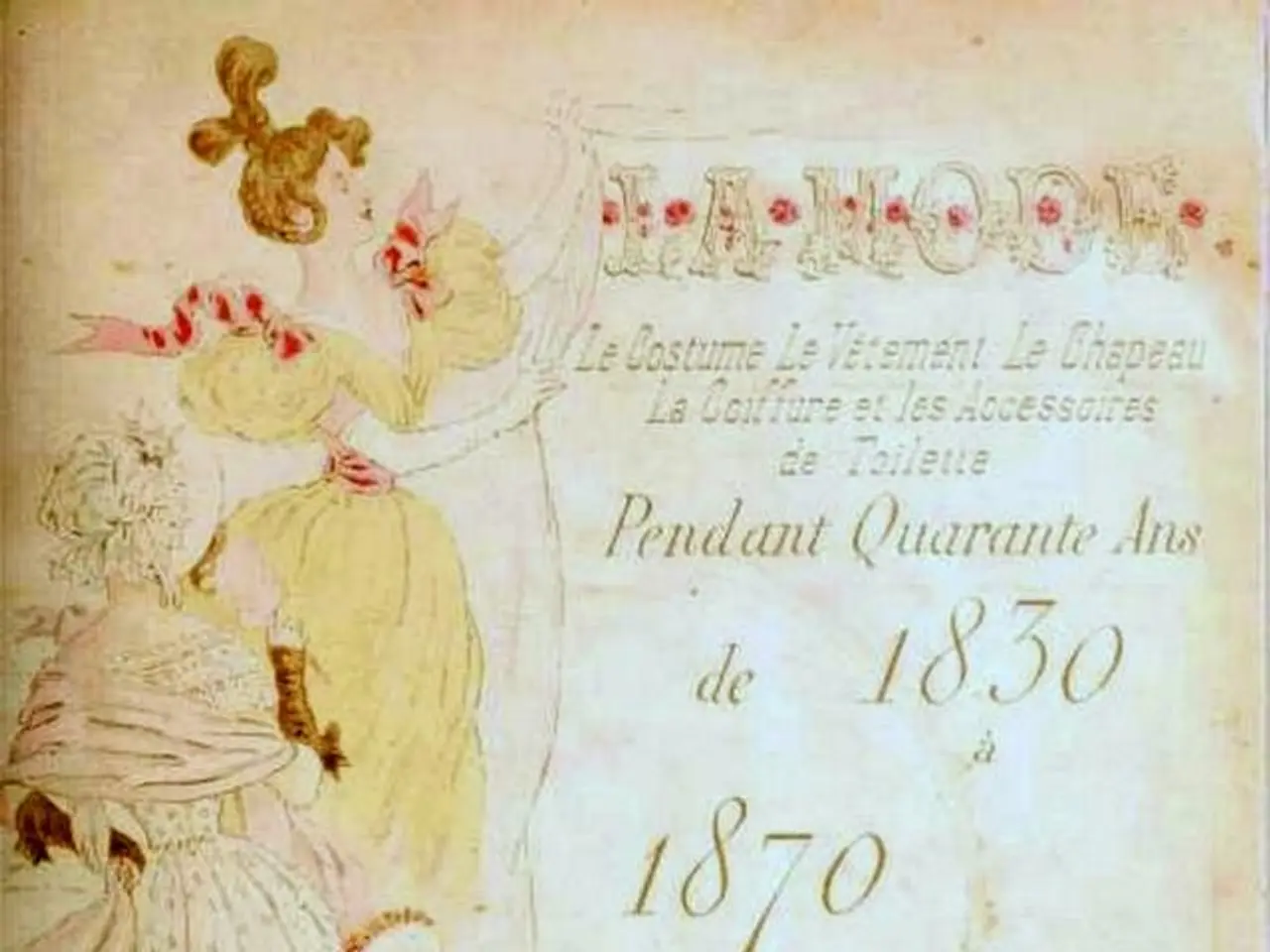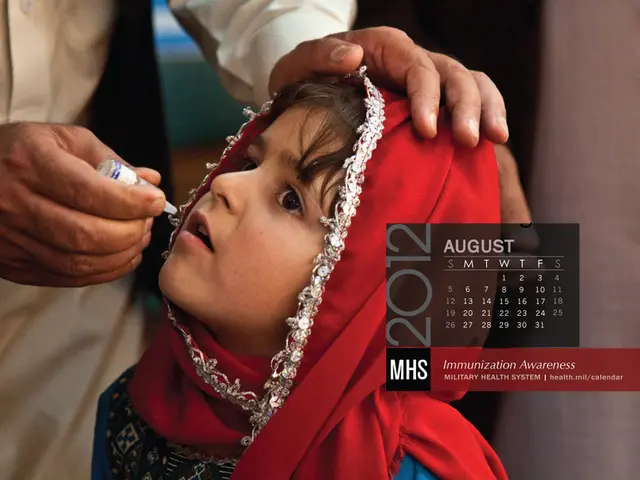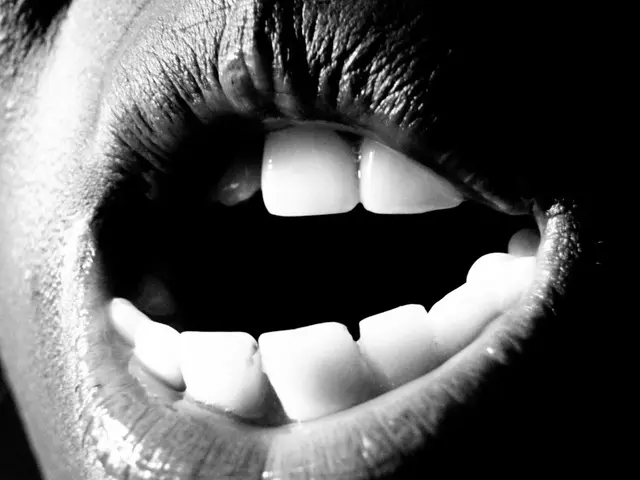Discussion on abortion: female body as the primary site of growth
In Europe, a powerful movement of radical abortion opponents has emerged, driven by strong ideological, religious, and moral beliefs. This coalition, often rooted in Catholic activism, seeks to restrict or ban abortion rights entirely and promote “pro-life” policies.
Their motivations are reinforced through connections with US networks, particularly those linked to the US Religious Right and conservative political actors. These transatlantic links have been strengthened by funding, sharing of campaign tactics, and coordinated messaging that merges religious convictions with right-wing populist political agendas.
One key example of this influence is the US Mexico City Policy, or the Global Gag Rule, which has disrupted access to abortion-related care overseas and fortified the global anti-choice movement’s influence, including in Europe.
In Europe, radical abortion opponents often align with right-wing populist parties that champion nationalist, traditional family values, and anti-immigration stances. This coalition leverages moralizing rhetoric and social media networks to amplify their reach and mobilize supporters.
Catholic activists play a pivotal role within this movement, providing a religious framework and established organizational infrastructure. Their historical influence on anti-abortion laws continues as they promote strict policies based on religious doctrine and engage in grassroots activism.
The intertwining of Catholic activism with populist and US conservative networks creates a potent transnational anti-abortion alliance grounded in both faith and political strategy. This collaboration uses moralized narratives and social media mobilization to sustain and grow their movement regionally and internationally.
However, even within large parts of the Catholic Church, the discussion about abortion must be conducted with the utmost sensitivity. The tragic story of Gretchen in Goethe's "Faust" serves as a reminder of how pregnancy perspectives can be influenced by men.
The involvement of AfD politicians in the abortion debate highlights a potential disregard for the lives of refugee children, as they aim to cut off funds for civilian sea rescue in the Mediterranean, potentially leading to refugee children drowning.
The pregnancy conflict involves two beings with their own dignity: the unborn child and the woman. Yet, "life protectors" argue for the child but risk reducing women to mere breeding machines by taking away their self-determination rights.
The Brosius-Gersdorf debate has revealed the persistence of the male gaze in discussions about abortion, while the Bishop of Paderborn has expressed concern about exploiting the abortion debate. The "March for Life," associated with right-wing politics, has seen prominent AfD politicians participate.
This movement, active not only in the USA but also in Europe, exerts massive pressure, including marching at the "March for Life." A recent case, the Brosius-Gersdorf controversy, has led to a complaint being filed against Cardinal Woelki with the Pope by the SauerlandPriest.
In conclusion, the radical abortion opponents in Europe aim to roll back abortion rights through a blend of ideology-driven activism, transatlantic cooperation with US Religious Right networks, alignment with right-wing populism, and Catholic religious influence. This collaboration uses moralized narratives and social media mobilization to sustain and grow their movement regionally and internationally.
- The radical abortion opponents in health-and-wellness, particularly women's health, have strengthened their influence through connections with US networks, such as the US Religious Right and conservative political actors, who share common anti-choice policies and strategies in policy-and-legislation and politics.
- In Europe, the debate on abortion is intertwined with general-news issues, such as the lives of refugee children, as some right-wing populist parties, like the AfD, attempt to cut off funds for civilian sea rescue in the Mediterranean, which might lead to refugee children drowning.
- The movement against abortion rights in Europe, driven by strong ideological, religious, and moral beliefs, primarily rooted in Catholic activism, aligns with right-wing populist parties and incorporates moralizing rhetoric and social media networks to amplify their reach and mobilize supporters in crime-and-justice and war-and-conflicts.
- The Brosius-Gersdorf debate illustrates the persistence of the male gaze in discussions about abortion, featuring a complaint being filed against Cardinal Woelki with the Pope by the SauerlandPriest due to the male-dominated nature of the movement, which may overlook the dignity and self-determination rights of women.




